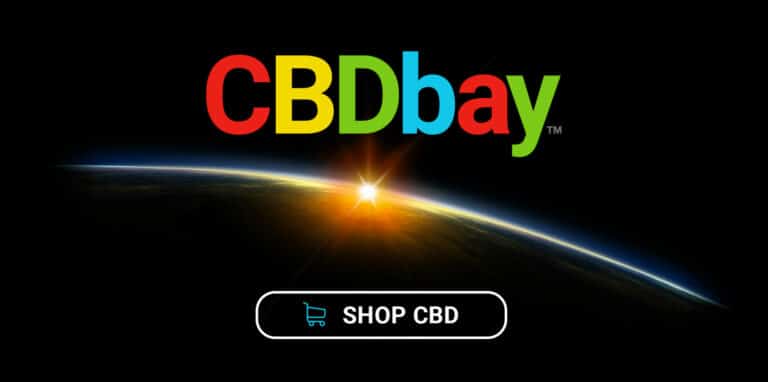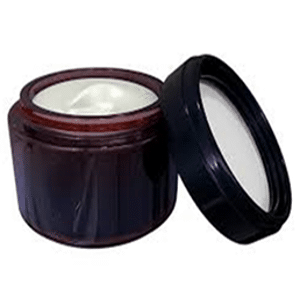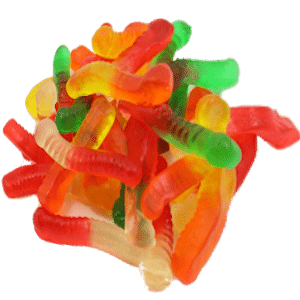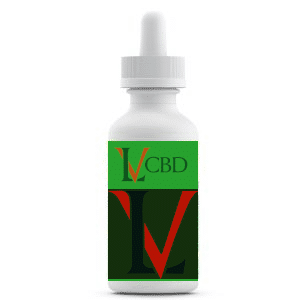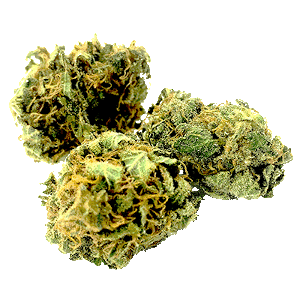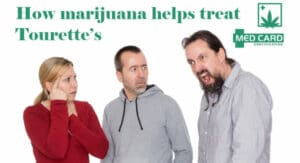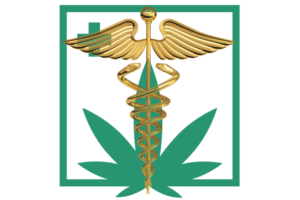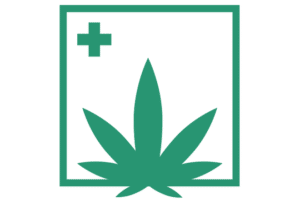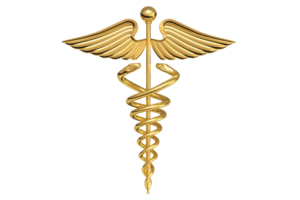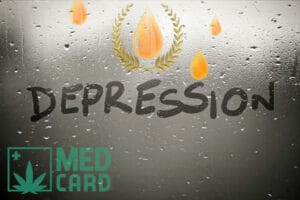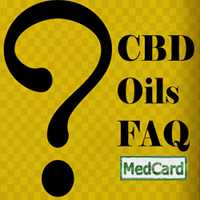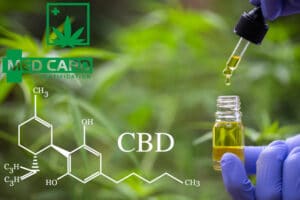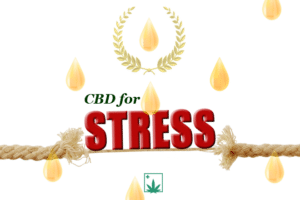CBD In New Jersey
2022 Complete Buyers Guide
NJ CBD 2022 UPDATE
Overview
2022 is shaping up to be an exciting year for the CBD market. While anyone in the state of New Jersey can legally buy hemp-derived CBD oil, purchasing marijuana-derived oils is a little trickier.
While the U.S. FDA continues to drag its feet on setting up CBD regulations, the CBD market in New Jersey continues to mature and evolve. CBD use actually declined slightly in 2020. Experts attributed this to pandemic-related factors such as factory and warehouse shutdowns. However, CBD gained in popularity again in 2021. Pharma and cosmetics companies also began taking more interest in developing CBD-derived products for both medicinal and supplemental use.
More and more CBD-infused products are being released each day. CBD can now be found at local stores in a vast array of oils, tinctures, concentrate, capsules, topical solutions, lip balms, lotions, and edibles of all ilk.
All totaled, consumers spent about $3.5 billion on CBD products last year.
New CBD Studies
As more and more companies take interest in CBD, more and more money is being spent on studies to determine the effectiveness and safety of CBD in treating a wide array of medical conditions.
Recent studies have shown that CBD is associated with behavioral improvements in children with autism, may be useful in treating brain cancer, and is useful for relieving pain, reducing anxiety, and improving sleep. Also, a study out of Switzerland presented data that suggest that smoking CBD-rich cannabis flower does not impair driving skills. Moreover, data presented in one report suggest that 71% of participants in a study experienced improvements in their health and well-being.
CBD Regulations
Regardless of all the good news, the FDA has yet to approve CBD as a supplement. However, four members of the U.S. House of Representatives have introduced a bill that would create a national regulatory framework using CBD as a food and beverage additive. If it passes, the “CBD Product Safety and Standardization Act of 2021” will essentially force the FDA to issue CBD regulations.
Delta-8 THC
A great example of the mind-bending evolution of the CBD market is a relatively new product called delta-8 THC. Prior to 2021, few people had ever heard of delta-8 THC. This is essentially a cannabinoid that is similar to the familiar buzz-inducing delta-9 THC except that it’s produced directly from hemp CBD rather than from marijuana. Delta-8 is less intoxicating and less likely to cause feelings of paranoia than the THC found in marijuana. Nonetheless, it does have some intoxicating properties.
Because it’s a form of tetrahydrocannabinol that has mild psychotropic effects, Delta-8 falls into a gray area of CBD laws. Several U.S. states don’t seem to be too concerned with D8, some have regulated or banned it and lawmakers in some other states are looking into doing the same.
According to OracleCBD.com, as of December, 19 U.S. states have regulated, restricted, or banned delta-8 including Arizona, California, Colorado, New York, and Michigan. Furthermore, states such as Illinois and Oregon are reviewing their delta-8 rules. And a delta-8 ban in Texas was lifted after a judge temporarily blocked the state from classifying it as a controlled substance.
Still, more than half of U.S. states allow the sale of D8 outside of marijuana dispensaries including Nevada, Ohio, Florida, Virginia, Pennsylvania, New Jersey, and Massachusetts.
The two types of CBD oil
The two types of CBD oil that we need to cover are CBD-rich cannabis oil made from marijuana which contains THC, the compound in cannabis that causes a high, and THC-free CBD oil made from hemp.
Let’s start with the difference between hemp and marijuana derived oils.
Marijuana CBD-Oil vs. Hemp CBD Oil
If you’re 21 or over and you’re either part of the New Jersey’s current medical marijuana program, or if recreational use has been legalized, then you’ll be able to legally purchase two different types of CBD oil.
Assuming that you’re using CBD oil for medicinal purposes (since the CBD part of it doesn’t get you high anyway), the real question comes down to this: do you, or do you not want a product containing THC. There are a few factors that might quickly rule out the THC containing oils.
First, of all, if you get drug tested by your employer, then you’ll want to avoid the marijuana oils and stick with hemp CBD oils. The levels of THC in cannabis oils made from marijuana are enough to potentially trigger a positive result for THC on a drug test even if it’s a 20-to-one ratio of CBD to THC. The same holds true with roadside sobriety tests for THC. If you use CBD oils which contain THC you run the risk of failing a roadside drug test and being charged with a DWI.
Secondly, if you definitely don’t want to get high, you might want to stick with hemp CBD. This greatly reduces the risk that you’ll mistakenly use a product that is too high, so to speak, in THC.
If you are not getting drug tested, and you don’t mind a little bit of a buzz then you might consider using low-THC CBD oil. A large number of marijuana strains produce CBD. Some produce small amounts of CBD and high amounts of THC, some are more well balanced, and some have very high levels of CBD and low levels of THC. The range for something that can be considered CBD oil can be anywhere from a ratio of 25-to-1, CBD-to-THC in strains high in CBD, up to a balanced 1-to-1 ratio in strains with equal levels of the two cannabinoids. Anything over that, like a 2-to-1 THC to CBD ratio or higher, and the product no longer really qualifies as CBD oil. Mainly because it’s likely to be intoxicating. Even at a 1-to-1 ratio, a product with 10 milligrams of total cannabinoids will have 5 milligrams of THC which is enough to give some people a good buzz.
If CBD oil is not a recreational use product, then it follows that you’d be using it for some type of health benefits or treatment of a medical condition. If you’re using it for health benefits then you should be using a product that is very low in THC and very high in CBD. If you’re using it to treat a medical condition that’s a different story. Depending on the condition and many internal factors you might benefit more from a product that is higher in THC.
It’s important to keep in mind that each individuals’ endocannabinoid systems are unique. Some express more cannabinoid receptors. Some produce higher or lower levels of particular endocannabinoids. While one person may require a product that is high in THC in order to feel relief, another person might get relief with hemp CBD oil.
If you’re using CBD for medicinal purposes and wanting to try THC-containing oils, then you’ll need to discuss the issue with a knowledgeable medical professional anyway, and they’ll be able to provide you with some advice when it comes to the levels of THC that might be right for your needs and lifestyle. Another good source of information is CBD oil users who are treating the same condition as yours.
No matter what advice you get, it’s going to take some experimentation to figure out the ratios and dosage that works for you. One suggestion is to start out with hemp CBD oil and if you feel it’s not providing the relief you’re hoping for, then give THC-containing CBD oil a try. Start with a low-THC product and work your way up.
New Jersey hemp CBD FAQ | 2022
Who Can Legally Purchase Marijuana-Derived CBD Oil in New Jersey?
As this article is being written, CBD oil made from marijuana is only legally accessible through the state’s medical marijuana program. By the time you read this, that may no longer be true.
New Jersey’s medical marijuana program has been up and running since 2010. Shortly after taking office in 2018 Governor Murphy’s administration expanded the list of medical conditions which qualify residents for a medical marijuana card. The new rules added common conditions such as anxiety, migraines, and chronic pain to the list.
In order to obtain a medical marijuana card in the state of New Jersey, you must be examined by a certified Doctor who will determine if your medical condition qualifies you for a medical marijuana card. So far, there are about 18,000 patients and over 1,300 caregivers enrolled in the program. And there are about 500 doctors in the state who can qualify you for the program.
These 18,000 patients are served by five dispensaries in the state with a sixth expected to open before the end of 2018. All six will be allowed to apply for licenses to open additional stores around the state.
If the legislature goes ahead and legalizes the use of marijuana by all adults then New Jersey will become the tenth state to do so, and the first state in the country to create a regulated marijuana market through legislation. If the recreational use measure does pass, then any adult 21 or older will have legal access to marijuana-derived CBD oil products via state dispensaries.
What medical conditions are being treated with CBD oil in New Jersey?
Here are some of the many Medical conditions being treated with hemp CBD oil in New Jersey:
- Acne
- ADD & ADHD
- Addiction & Alcoholism
- ALS (Amyotrophic Lateral Sclerosis)
- Alzheimer’s Disease
- Anorexia
- Antibiotic
- Anxiety
- Arthritis
- Asthma
- Atherosclerosis
- Autism Spectrum Disorder (ASD)
- Autoimmune Diseases
- Bipolar
- Cancer
- Colitis & Crohn’s Disease
- Depression
- Diabetes
- Endocrine Disorders
- Epilepsy & Seizures
- Fibromyalgia
- Hair Loss
- Heart Disease
- HIV & AIDS
- Huntington’s Disease (HD)
- Inflammation
- Insomnia
- Kidney Disease
- Liver Disease
- Migraines
- Mood Disorders
- Multiple Sclerosis (MS)
- Nausea
- Neurodegeneration
- Obesity
- Osteoporosis/Bone Health
- Pain
- Parkinson’s Disease
- PTSD
- Rheumatism
- Schizophrenia
- Shingles
- Sickle Cell Anemia
- Skin Conditions
- Sleep Disorders
- Stress
- Stroke
- Tourette’s Syndrome
- Traumatic Brain Injury (TBI)
- Weight Loss
Where Can I buy CBD oil products online?
Yes, if fact for many people, the best option for purchasing hemp CBD oil is online. There are quite a few shops online that sell CBD products and many carry a much wider variety of brands and products than local shops. Plus, you can have your order delivered right to your door every month. Legally.
What hemp CBD products are available?
A variety of hemp-derived CBD products and delivery methods are now legally available in New Jersey. These include:
Where can I buy Cannabis Based CBD oil in New Jersey?
If you’re looking for marijuana-derived CBD oil products, you’ll have to be 21 or older and you’ll have to go to a marijuana dispensary.
If you’re shopping for hemp CBD products you have more options. Local dispensaries might sell hemp CBD oil, but you’ll still need to have a medical marijuana card and be at least 21 to get in the door.
New Jersey MedCard Dispensaries
Outside of dispensaries, many local vape shops and boutiques sell a limited line of CBD products. And although there is technically no minimum age to purchase hemp extracts and oils, most vape shops will not serve anyone under the age of 18.



